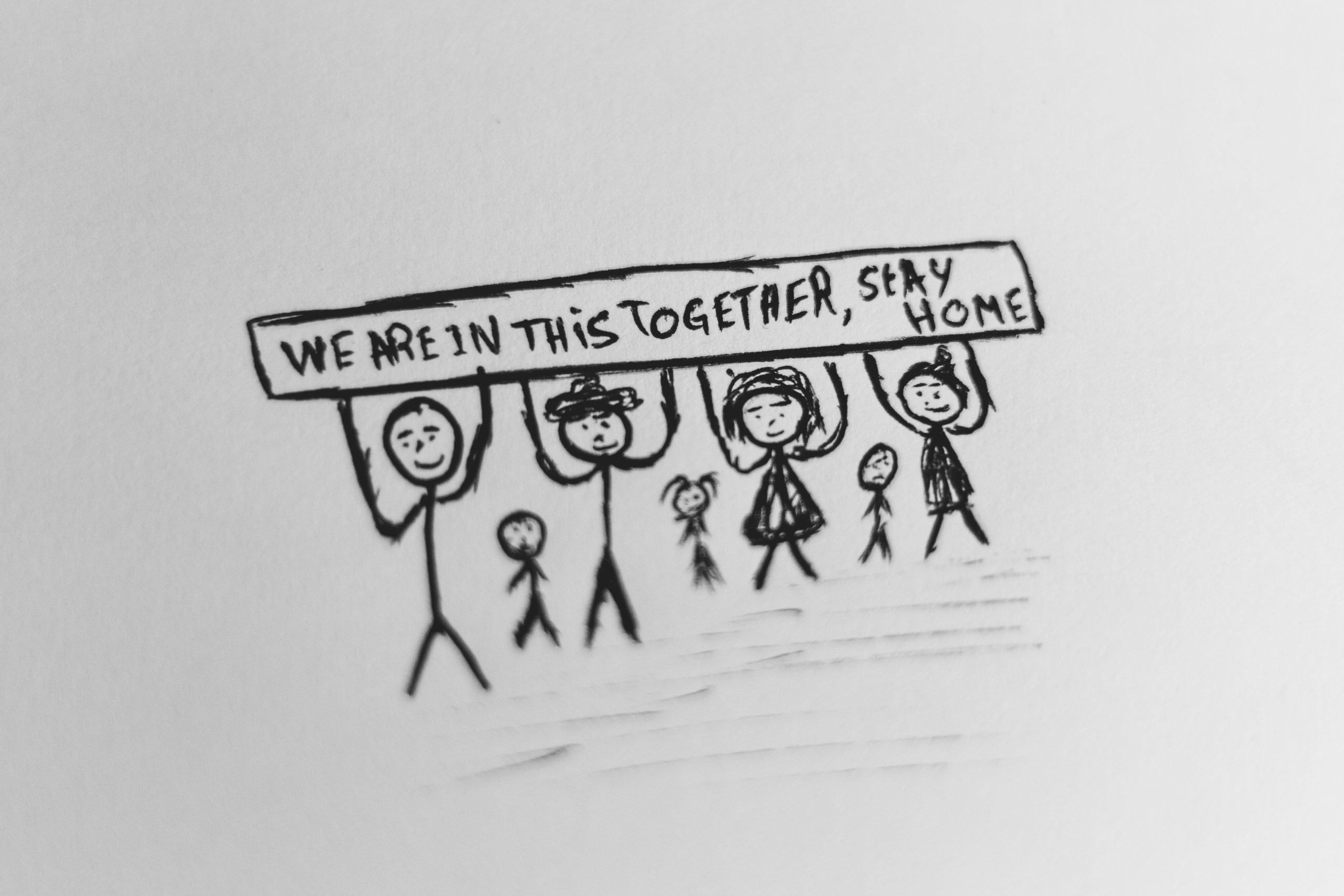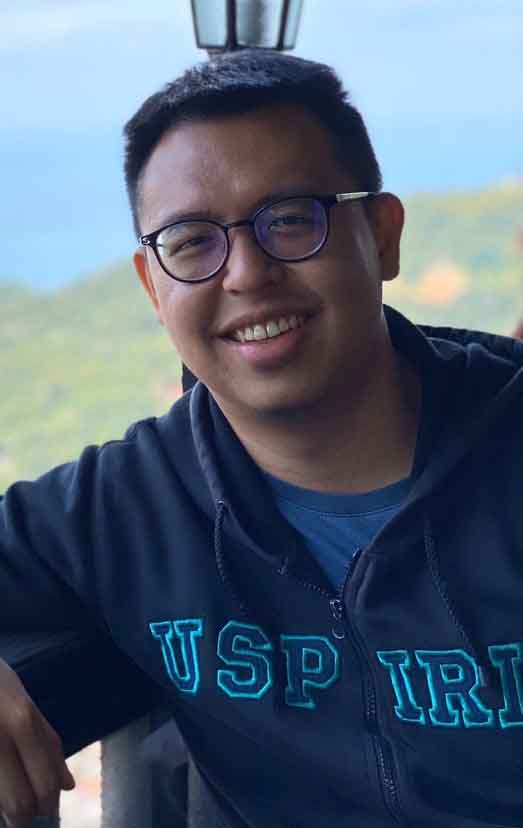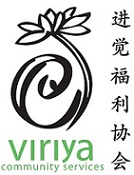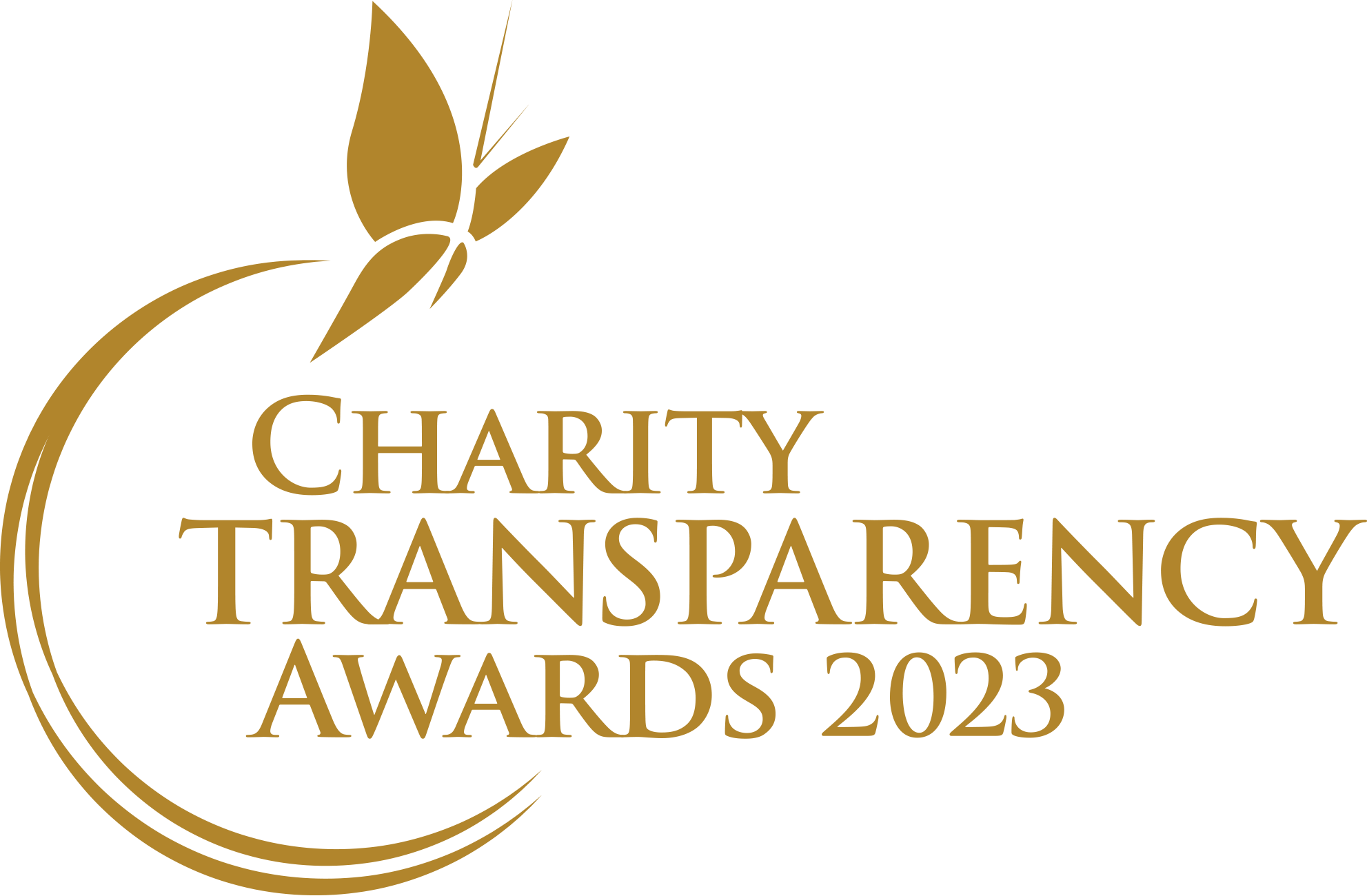COVID-19: On Looking Out and Helping the Vulnerable

*This article first appeared as a post on Yong Hao’s Facebook wall on 4 April 2020. It is edited for clarity and to provide more information. Reproduced with permission.
To control the spread of COVID-19, the Singapore government announced a set of major circuit breakers to take effect on 7 April 2020. While you practice safe distancing by staying at home, I implore you to look out for your neighbours.
As a community-based social worker, I am most worried about three groups of vulnerable people given that most community-based social service agencies are instructed to close in the coming week, and they can only provide limited services for critical cases.
Besides highlighting the three vulnerable groups, I will provide quick and doable tips on what you can do for them.
(1) People Experiencing Domestic Violence
While social service practitioners will keep tab on our existing service users, we cannot respond as quickly as we would like because we will no longer be physically stationed in the community we serve.
We lost a community space for our service users to come by because of the shutdown. And thus, we also lost the opportunity for us to sight them for safety checking.
Fresh victims of domestic violence not known to any family service centre may not be able to turn to the nearest one for immediate help because it is shut.
So, please help your neighbours when you hear unusual and likely loud noises that sound like fights. You can help by checking in on them and this may halt any violence in action.
- Call the Police (999) if there is immediate danger. And the Emergency Medical Service (995) if needed.
- Call MSF Child Protective Service (1800 777 0000) if you believe that minors are involved.
- Otherwise, you can reach out to TRANS Safe Centre (6449 9088), Project Start (6476 1482) or AWARE (1800 777 5555).
Of course, keep yourself safe as well.
(2) People with Mental Health Challenges
There are two groups of people that we should particularly look out for.
People with underlying anxiety issues may find it hard to accept the partial lock down measure and may engage in exaggerated thinking. Family members may not be able to fully cope with this. Render them any necessary support that you can by asking them what would help them.
People with emerging anxiety issues triggered by the new measures are the second group of concern. Prolonged indoor living and knowing seemingly negative news that emerge every day are a bad combination. Help them by checking in on them and assure them in an emphatic and non-dismissive manner.
You can calm them down if you know any techniques in regulating emotions such as breathing exercises.
Help the person to connect to professional help. Counsellors and psychologists can work with the person to cope with their mental health and achieve mental wellness.
Viriya Therapy Centre has a multi-disciplinary team comprising counsellors, psychologists and family therapists. You can call them at 6256 1311.
Alternatively, you can also ask the person to call SAMH helpline at 1800 283 7019 (Mon-Fri between 9am-6pm). The Ministry of Social and Family Development is also setting up a National CARE Hotline with more details coming up.
For any psychiatric emergency, please call IMH Emergency Hotline at 6389 2222/6389 2003/6389 2004 for further assistance.
(3) Elderly
This especially applies to those who live alone.
Check in on them at least once a day by knocking on their door and ask them how they are doing.
Help them out by checking on them to see if they need any food or groceries. Get those necessities for them if you can.
Check on their health by asking them about it. If they ran out of medications, ask them to give their clinic a call to ask how they can replenish them.
Call 995 for any medical emergencies.
SG United
While we stand together to fight against COVID-19 by practicing safe distancing, let us look out for the vulnerable in our midst.
Safe distancing does not mean socially abandoning others. Let’s not leave anyone of us behind in this fight by looking out for one another.
About the author

Mr Ng Yong Hao is a social worker and has been working with people living with loss and grief matters for the past 4 years. Prior to joining Viriya Community Services, he provided support to cancer patients and caregivers across the illness trajectory, from diagnosis, survivorship, to end-of-life care and bereavement.
Yong Hao graduated with a Graduate Diploma (Social Work) from National University of Singapore and he is currently pursuing a Master of Social Work in the same university. He has strong clinical and research interest in loss and grief, especially in non-death losses. He is co-leading and involved in multiple local research projects on loss and grief and other social work practice issues.

